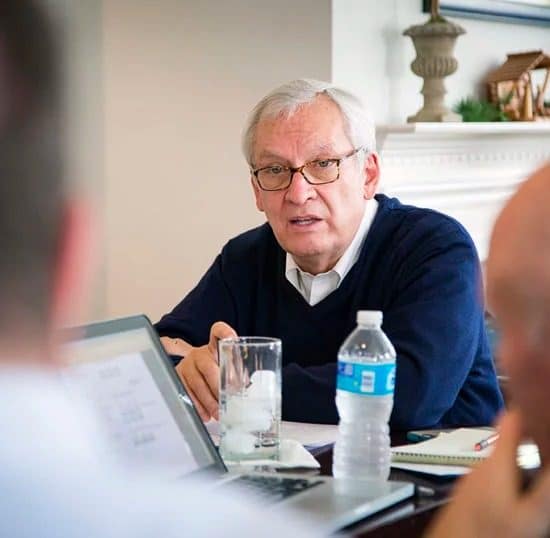Associate Editor Vicki Brown’s excellent package (tapping boomer retirees and encore careers) explores various aspects of the baby boomer generation (born between 1946 and 1964) now that this group is in the process of retiring and/or making retirement decisions.

Bill Webb
|
In many ways, retirement decisions are more complex than they used to be, especially for the U.S. population born in the 18 years immediately following World War II. The postwar years saw babies being born left and right as military families reunited after the war and as the nation saw unprecedented economic growth.
For a lot of reasons, most of us boomers are still alive; the oldest living boomers are a mere 68 years old. People are living longer in general, in part because we have learned to make wiser lifestyle decisions and in part because of advances in the medical care we receive.
Many in the previous generation, dubbed the Builders, worked an entire career with the same company or with local, state or national government with an expectation that upon reaching a particular age or putting in the prescribed number of years, they would receive a service plaque or inscribed watch, stop going to work and begin receiving a well-deserved pension, guaranteed for life.
It wasn’t that way for everyone, of course, but for many, living the American dream of buying a home, taking an annual vacation trip, raising a family comfortably, helping educate the children and then retiring with enough income (and perhaps even health insurance) to last for the rest of a worker and spouse’s life was a reality. Most often, this was accomplished on a single income per family.
This still happens in many professions. For instance, a teacher who puts in 30 or more years of service in a given state can anticipate a good retirement income. Government workers able to secure their employment over the long-term may anticipate the same. There are others.
Severe economic downturns over the past several years have played havoc with individual and corporate retirement plans. Workers who anticipated an early retirement — full Social Security retirement age for some of us is now 66 — have instead put off retirement for a few or several years to let their investments catch up.
As the stories in our package indicate, modern-day retirees use their “retirement” years in different ways. Many fulfill dreams of periodic travel, stay in touch with scattered family and give themselves to volunteer efforts that they value.
Some shift gears and begin second careers, either full- or part-time, sometimes to supplement retirement income, but quite often to find fulfillment in other ways.
To be sure, in days like this, early retirement planning and goal-setting are important. Making even modest investments in a retirement account when one is young — even when extra funds seem scarce — will help improve retirement income more dramatically than many 20- or 30-somethings realize.
Perhaps because of the financial uncertainties of life today — and tomorrow — people are bombarded with information about the financial planning side of retirement.
Some of us baby boomers need to catch up with the rest of retirement planning. People who have given 40 or more years to a career or to working in various jobs sometimes have trouble adjusting to the absence of a work routine.
I once heard of a Baptist agency that had seen several recent retirements — all well deserved. The disturbing news was that an inordinate number of this group had died — of various causes — within a couple of years of retirement.
While friends offered no scientific data to confirm their suspicions, some wondered if some of these people — all men — simply had not made the adjustment to a personally meaningful retirement. What had been of particular meaning to them — serving others in Christ’s name in their vocations — was no longer a part of their workday lives.
Believers know that their relationship with Christ has a beginning date but no expiration date. But even retirement plans — day-to-day goals and activities — need to be anticipated and planned for maximum productivity and, in the case of Christian service, maximum joy.
Some of us would do well to catch up on this type of planning just as seriously as we try to ensure adequate retirement income. As we all know, opportunities for service are always plentiful.
Bill Webb is editor of Word &Way.


